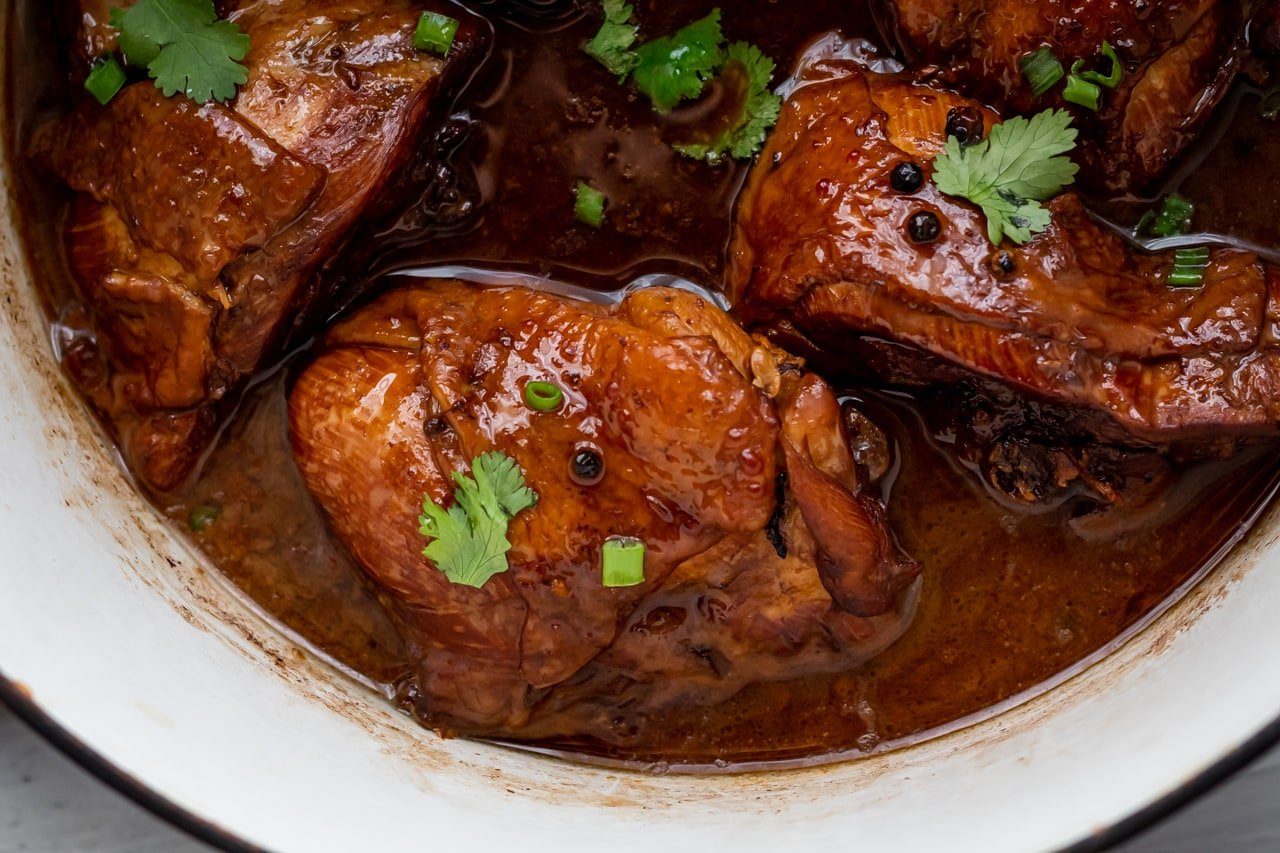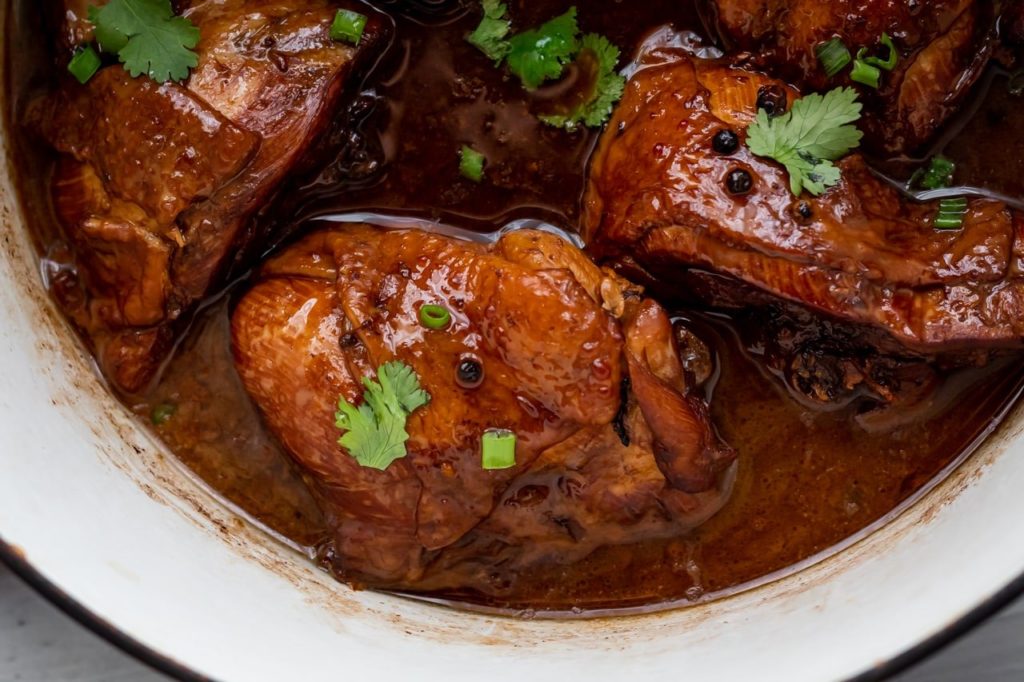Adobo has always been considered a diverse food by most Filipinos, owing to the many ways we can prep up this sumptuous dish anytime, anyday. As a diverse country, it’s not surprising to encounter different versions of Filipino cuisines. However, the Department of Trade and Industry shook things up online when it said it planned to standardize how our quintessential ulam (viand) is prepared.
The Department of Trade and Industry-Bureau of Philippine Standards (DTI-BPS) announced that they had created a committee that will focus on standardizing the recipe for adobo and other Filipino dishes. In a press statement last Friday, the DTI stated that the committee already began setting the standards on how to cook adobo.
As the news broke, Filipinos were quick to share their thoughts and opinions on Twitter, even mentioning DTI in their tweets about the topic. Based on countless tweets, Filipinos did not take positively the news about the standardization of the adobo recipe.
Countless people defended that there’s no standard way to cook adobo since every household all around the country has a different way of cooking adobo. Setting a standard on such a diverse food will interfere with the progress and creativity of Filipinos.
https://twitter.com/wayfarer818/status/1413678774751698947
Following the backlash that DTI received, they released a statement explaining that the standardized adobo recipe is only intended for international promotions and it is not compulsory. DTI added that they just wanted to find the “common denominator among all the known ways of cooking it,” and to “preserve the country’s cultural identity despite the variations made to it.”
These statements only added fuel to the fire as Filipinos felt that DTI was only making an excuse with their decision since they received various criticisms. Filipinos pointed out that DTI should focus on other pressing matters and not waste the taxpayers’ money on nonessential topics. Some also said that it’s better if DTI promoted the different variations of the cuisine instead of limiting it.
Too many lines?😂 Do we have any draft of standard procedures for future pandemics? If u think covid-19 is the last pandemic, ur seriously fcked in the head aaaand go easy on the blow😂 https://t.co/LadKaRwJg3
— don (@donsalcedo) July 13, 2021
welcome to ph where they care about to standardize filipino cuisine rather than fixing our corrupted government. https://t.co/OwduPa3yZx
— sol (@beargyundani) July 12, 2021
With all of this, we can only say that it doesn’t matter if you cook your adobo in a different way with different ingredients. Adobo is adobo. We should embrace the diversity of it.
________
DISCLAIMER: All views and opinions expressed in this post are solely those of the contributor/s and do not represent those of InqPOP! and INQUIRER.net. The InqPOP! staff assumes no liability for any error in the content of this material. Got something you want to share to the world? Get a chance to publish your awesome creations and share it to the world through our InqPOP! Creator Community program. Send us your stories, videos, photos, fan fic, and even fan art at pop@inquirer.net
For more details, read the POP! Creators FAQ page.




